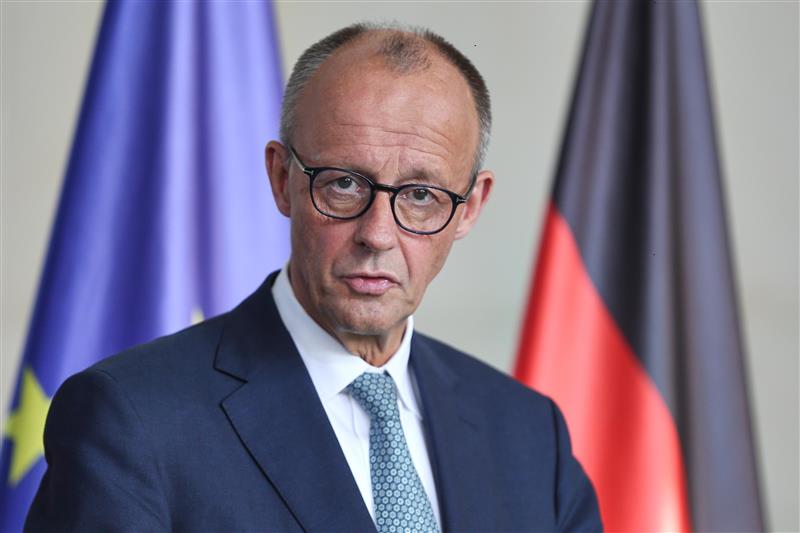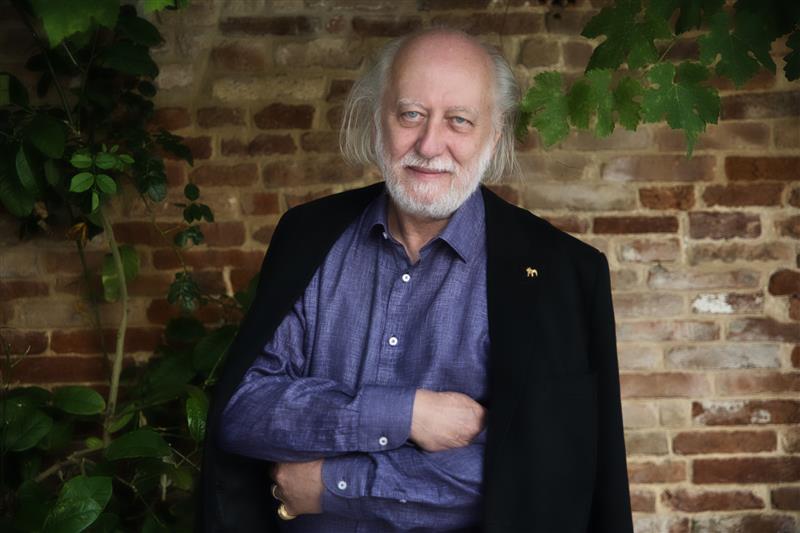EU could postpone flagship AI rules, tech chief says
LUXEMBOURG — The European Commission’s tech chief has opened the door to delay some parts of the EU’s artificial intelligence rulebook designed to limit risks of the technology.
“If we see that the standards and guidelines … are not ready in time, we should not rule out postponing some parts of the AI Act,” Executive Vice President Henna Virkkunen said in Luxembourg during a meeting with EU digital ministers on Friday.
The world-first rules to tackle artificial intelligence risks were agreed in late 2023 and will gradually come into effect over the next year and a half. As well as banning the use of AI in certain scenarios, they set many requirements designed to minimize harmful effects. The first restrictions entered into force in February, with the next key dates in August 2025 and 2026.
But amid fierce lobbying over the rules, including from the U.S. administration following the election of Donald Trump, companies are waiting for additional guidance or technical standards to help them meet their obligations.
While providers of the most complex AI models will be required to comply with new obligations starting August 2, a key guide in the form of a code of practice is not yet ready.
Industry has in recent weeks been pushing for a stop-the-clock mechanism. This would mean that application dates are postponed if standards and guidance are not ready in time.
Some EU ministers on Friday also signaled openness to delaying the restrictions.
The stop-the-clock demand from industry is “reasonable,” Dariusz Standerski, Poland’s junior digital minister, told POLITICO in an interview. But he said that delaying the deadlines alone “is not the way.”
“First, we need to have a plan: what we want to do within those additional months,” he said on the sidelines of the meeting in Luxembourg, which he was chairing under the Polish Council presidency. Only then would Poland be “open” to the idea, he said.
“In time, when we still do not know the specifics, that could be reasonable,” he said. To “postpone the enforcement for 12 months and do nothing in the meantime … would be in vain.”
It comes as the EU looks at various ways to roll back requirements on businesses through a so-called simplification effort. Standerski said the discussions on simplification that Poland has led shed light on other avenues to explore for the technology industry.
“We had strong messages that simplification is not only about cutting regulations,” Standerski said, also citing the need for proper impact assessments, tackling the costs of implementation of the rules, and using technology to make compliance easier.





:quality(85):upscale()/2025/10/09/670/n/1922283/00b944c868e7cf4f7b79b3.95741067_.jpg)
:quality(85):upscale()/2025/09/09/891/n/1922283/7222624268c08ccba1c9a3.01436482_.png)
:quality(85):upscale()/2023/10/03/668/n/1922283/1f15c8a9651c2d209e5eb5.32783075_.jpg)
:quality(85):upscale()/2025/08/13/775/n/1922283/3c0cbead689ccd0c422644.10221678_.png)
:quality(85):upscale()/2025/08/14/650/n/1922283/470aeb83689df49cdc1bb6.14084110_.jpg)































